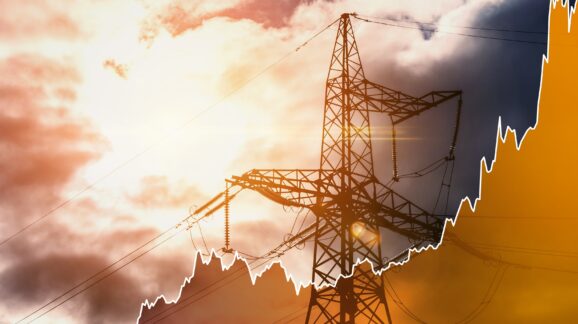The Abundance Agenda: Energy, the Master Resource
The idea of an abundance agenda in American law and policy is generating an increasing amount of interest from Americans across the political spectrum, and it’s no surprise, given the number of topics on which abundance-themed policies could have a positive impact. Housing, transportation, education, agriculture and more are implicated in the decision to shun scarcity. But all of these rest on an even more fundamental—though perhaps less obvious—foundation. Energy abundance is actually the key to them all.
Resource economist Julian Simon famously wrote that energy isn’t just one resource among many, it is the “master resource” that makes everything else possible. All of the necessities of daily life in modern society require energy to produce, from the clothes we wear and the food we eat to the homes we live in. The rest of today’s economy rests on that base layer of access to reliable and affordable energy. The Industrial Revolution, which gave us the mass prosperity that characterizes the modern developed world, was based on the inventiveness and hard work of human beings, but it was fueled by energy-dense and affordable coal. It’s impossible to imagine the rising living standards and civilizational advances of the 19th century without it.
Thus, to the extent that energy in any given place suddenly becomes more expensive or less reliable, that change affects everything built on top of it—in other words, everything. We’ve seen quite recently what happens when energy prices spike, even in the wealthiest and most developed countries. Due to supply interruptions and subsequent price increases related to Vladimir Putin’s invasion of Ukraine, many countries across Europe saw energy prices skyrocket, with both households and businesses bearing the burden. A key benchmark price for natural gas rose from about €20 per megawatt hour in early 2021 to a breathtaking level of almost €350 toward the end of summer last year. That alarming swing in prices put much of the continent into a panic, with emergency measures rolled out by governments to both conserve energy and allow the rapid construction of new natural gas infrastructure in order to dramatically increase imports from new sources.
Read the full article at Discourse Magazine.
